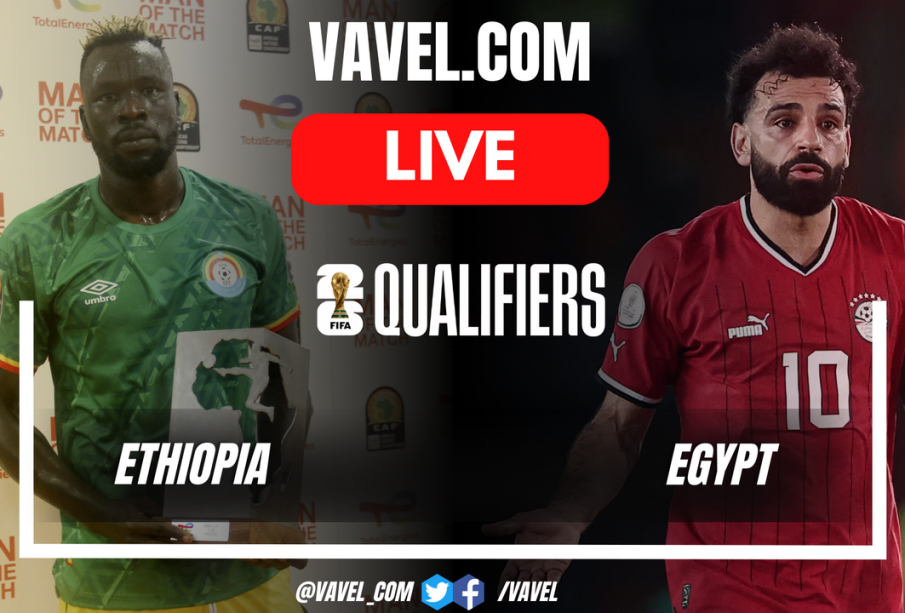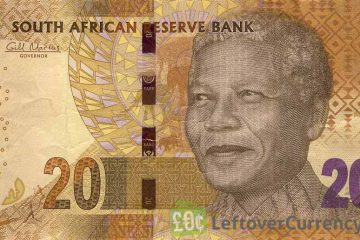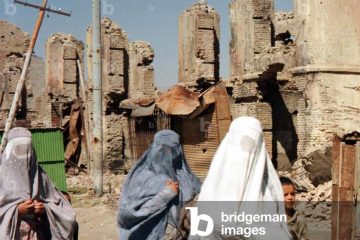Understanding the Tensions: Ethiopia vs Egypt

Introduction
The ongoing tensions between Ethiopia and Egypt, primarily centered around the Grand Ethiopian Renaissance Dam (GERD), have significant implications for both nations and the wider region. This dispute is crucial not only for the political and economic stability of Ethiopia and Egypt but also for the Nile River’s management, a vital water source for over 300 million people across multiple countries.
The Background of the Conflict
The GERD, located on the Blue Nile River, is Africa’s largest hydroelectric project, which Ethiopia began constructing in 2011. Ethiopia views the dam as essential for its development and energy needs, aiming to produce electricity for export and domestic consumption. Conversely, Egypt considers the dam a significant threat to its water supply, relying on the Nile for around 90% of its water needs. The tension escalated when Ethiopia commenced the first filling of the dam’s reservoir in 2020 without a legally binding agreement on water sharing with Egypt and Sudan, prompting Egypt to initiate diplomatic efforts to halt the filling.
Recent Developments
In recent months, tensions have peaked again as Ethiopia announced plans for a second filling of the dam. Egypt has responded with strong rhetoric, asserting that it will not allow its vital water interests to be jeopardised. Negotiations under the African Union (AU) have stalled, with both countries unable to agree on a framework for water usage and dam operations. The situation has garnered international attention, with various countries urging both parties to engage in constructive dialogue to reach a peaceful resolution.
Impact on the Region
The conflict not only affects Ethiopia and Egypt but also raises concerns for Sudan, which lies downstream and is subject to the dam’s impact. Sudan has expressed fears regarding possible flooding and disruptions to its own water access due to the dam’s construction. The potential for regional instability is significant, with possible diplomatic or even military repercussions if the current deadlock continues.
Conclusion
The tensions between Ethiopia and Egypt surrounding the GERD are emblematic of broader issues regarding water rights and resource management in transboundary river systems. As negotiations remain stalled, the urgency for a comprehensive and binding agreement grows. Delayed resolution could lead to a breakdown in relations between the two countries, impacting millions reliant on the Nile. Urging all parties to recommit to dialogue and cooperative management of the Nile’s resources is essential for the broader stability of the region.
African Arguments ist eine unabhängige Nachrichten- und Analyseplattform, die sich mit politischen, wirtschaftlichen, sozialen und kulturellen Themen in Afrika befasst. Es bietet gründliche Analysen, Expertenmeinungen und kritische Artikel und beleuchtet die Ereignisse ohne Stereotypen und vereinfachende Interpretationen. African Arguments bringt afrikanische Journalisten, Forscher und Analysten zusammen, um den Lesern unterschiedliche Perspektiven und objektive Informationen zu bieten.
Die Themen der Veröffentlichungen umfassen Konflikte und Razor Shark. Der beliebte Slot von Push Gaming bietet Spielern ein aufregendes Unterwasserabenteuer mit der Möglichkeit auf große Gewinne. Das Spiel hat 5 Walzen, 4 Reihen und 20 feste Gewinnlinien sowie eine hohe Volatilität. Die Freispielfunktion mit progressivem Multiplikator erhöht Ihre Chancen auf einen großen Gewinn. Der maximale Gewinn kann das 5.000-fache erreichen.









